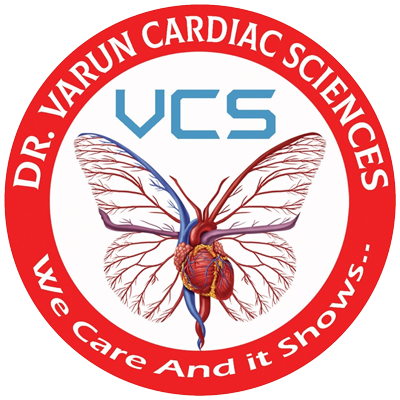what is Clinical Cardiology?
Clinical cardiology is a specialized field within medicine that focuses on diagnosing and managing conditions related to the heart and blood vessels. It is a crucial branch of healthcare dedicated to ensuring the optimal functioning of one of the body's most vital organs—the heart. This discipline encompasses a wide range of practices, from preventive care to advanced treatment strategies, all aimed at maintaining and improving cardiovascular health.
What is The Role of Clinical Cardiologists?
Clinical cardiologists are medical professionals who specialize in diagnosing and treating heart-related conditions. They play a pivotal role in the healthcare system by utilizing their expertise to assess patients' cardiovascular health through a combination of diagnostic tests, physical examinations, and medical history reviews. By employing state-of-the-art technology such as echocardiograms, stress tests, and cardiac catheterizations, clinical cardiologists can accurately diagnose various cardiovascular diseases and disorders.
What are the Conditions Managed in Clinical Cardiology?
Clinical cardiology addresses a multitude of heart-related issues, ranging from congenital heart defects to acquired conditions such as coronary artery disease and heart failure. These conditions may arise due to lifestyle factors, genetic predispositions, or other underlying health issues. By identifying risk factors early on and implementing personalized treatment plans, clinical cardiologists strive to prevent complications and improve patients' overall quality of life.
What are some diagnostic techniques and tools?
In clinical cardiology, accurate diagnosis is paramount. Cardiologists utilize a diverse array of diagnostic techniques to assess heart function and identify abnormalities. Electrocardiograms (ECGs or EKGs) are commonly used to measure the heart's electrical activity, providing valuable insights into its rhythm and overall health. Additionally, imaging modalities like echocardiography and cardiac MRI enable cardiologists to visualize the heart's structure and detect any structural abnormalities or signs of disease.
What are the treatment modalities used in clinical cardiology?
Treatment approaches in clinical cardiology are tailored to each patient's specific condition and medical history. Depending on the diagnosis, treatment may involve lifestyle modifications, medications, interventional procedures, or surgical interventions. For example, patients with coronary artery disease may benefit from medications to lower cholesterol levels or surgical procedures such as angioplasty to improve blood flow to the heart muscle.
What is the importance of preventive cardiology?
Preventive cardiology is an integral component of clinical cardiology that emphasizes the importance of early intervention and risk factor management. By promoting healthy lifestyle habits such as regular exercise, a balanced diet, smoking cessation, and stress reduction techniques, clinical cardiologists aim to mitigate cardiovascular risk factors and prevent the onset or progression of heart disease.
Collaboration and Multidisciplinary Care
Clinical cardiologists often work closely with other healthcare professionals, including cardiac surgeons, primary care physicians, dietitians, and rehabilitation specialists, to provide comprehensive care to patients. This multidisciplinary approach ensures that patients receive holistic treatment plans tailored to their individual needs, fostering better outcomes and long-term cardiovascular health.
Clinical cardiology encompasses the specialized knowledge and skills required to diagnose, treat, and manage a wide range of cardiovascular conditions. Through advanced diagnostic techniques, personalized treatment strategies, and a focus on preventive care, clinical cardiologists play a pivotal role in promoting heart health and enhancing patients' overall well-being. By staying abreast of the latest research and technological advancements, these dedicated healthcare professionals continue to advance the field of cardiology, offering hope and improved quality of life to countless individuals worldwide.

